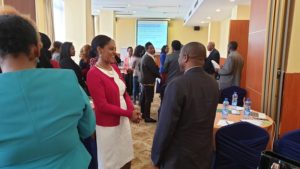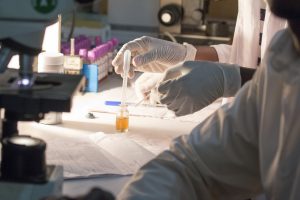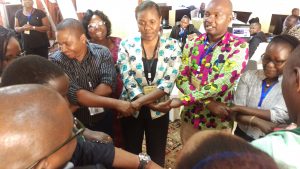Strengthening critical thinking skills through different online learning approaches
With a wealth of conflicting ideas and opinions available online about many of the pressing issues facing the world today, skills to appraise information sources and recognise biases in interpreting evidence are so important. Siân Harris discusses two online approaches that INASP has been offering this year to help researchers develop their critical thinking skills.





